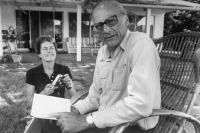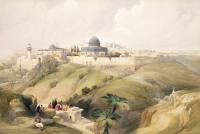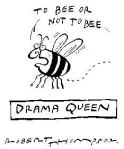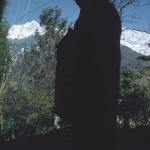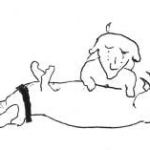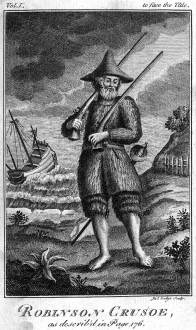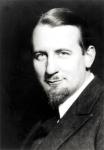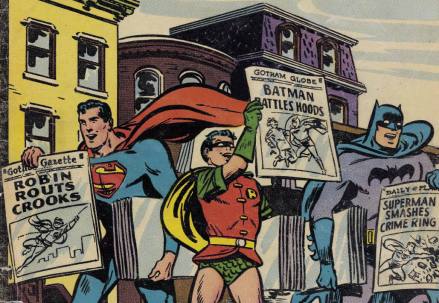The call of the wild
Annie Proulx (pronounced ‘Pru’) began her writing career — quite late, in her fifties — as E.A. Proulx, to baffle misogynist editors; then she was E. Annie Proulx, until she dropped the E and became simply Annie the Proulx. Annie Proulx (pronounced ‘Pru’) began her writing career — quite late, in her fifties — as E.A. Proulx, to baffle misogynist editors; then she was E. Annie Proulx, until she dropped the E and became simply Annie the Proulx. (Her father’s ancestors, who left Anjou for Canada in the 17th century, were called Prou or Preault; her mother’s arrived in New England soon after the Mayflower.) Her fiction tends to be


